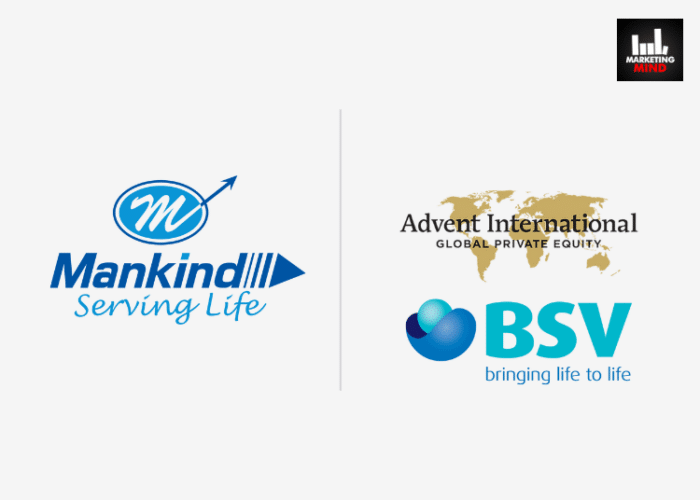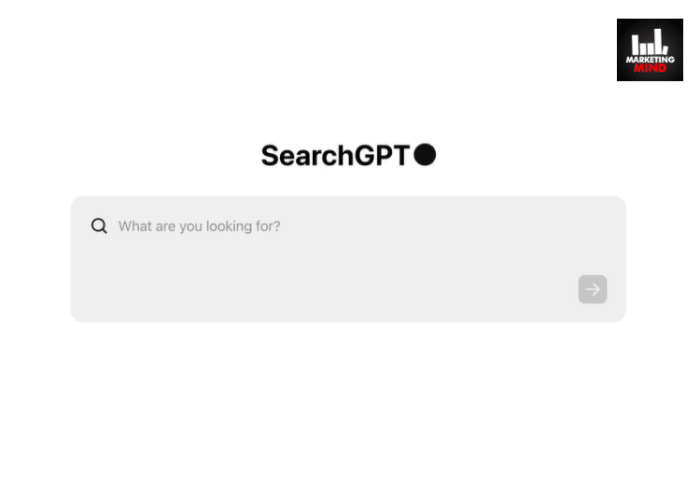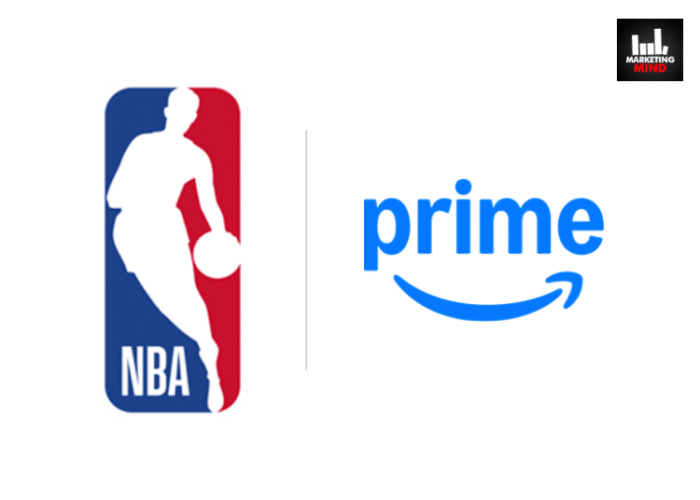As we are going deeper into this year (2024), the online marketing scene sees a swing with Google’s planned phase-out of third-party cookies in Google Chrome. This outwardly practical change throws a challenge for all organisations, compelling them to rethink their rules & grip new campaigns to spread to their target spectators.
The decline of third-party cookies started on January 4, 2024, when a small portion of Google Chrome users’ access to data was restricted. B2B marketers are now facing difficulties like decreased targeting accuracy, limited attribution and measurement options, and heightened worries over data compliance as a result of this change.

“Historically, brands have relied on third-party data like cookies to track website visitors, improve user experience and collect data for personalization techniques in their marketing efforts,” said Manu Mathew, Co-founder and CEO of the brand customer network & engagement platform Cohora.
“For better or worse, this is simply how it’s been done for years. Stringent legislation promoted by privacy concerns have left major browsers to phase out support, leaving publishers to face potential losses of more than $10 billion, as reported by the Interactive Advertising Bureau.”
As Chrome plans to apply these limitations to all users by Q3, only 8% of marketers say they are fully prepared to adapt to the changes, and 22% say they are somewhat prepared. Time is rapidly running out for the remaining 70% of people who have not yet developed alternate strategies.

“Marketers may feel unprepared for the phase-out of third-party cookies for various reasons,” said Carol Howley, CMO of Exclaimer, a platform for managing email signatures.
“The heavy reliance on these cookies for tracking user behavior, targeted ads and campaign measurement is a huge challenge. A lack of familiarity with alternatives adds to the sense of unpreparedness, as some marketers struggle to understand and implement new technologies or strategies.”
But what really does this third-party cookie crumble mean for your firm?
Get set ready, as we’re about to jump into the effects of this selection & how you can cross this complex site.
Privacy-Centric Solutions
Knowing the secrecy problems, Google is developing alternate keys such as Privacy Sandbox. This originality stresses on anonymized data cohorts & machine learning to bring pertinent ads without peace making user secrecy. Organisations need to stay efficient on these growing clarifications & familiarize with their methods.
Goodbye to Personalized Tracking
3rd-party cookies, those bits of data that stalked your online performs across many online sites, are basically being rendered obsolete. This means trades lose the ability to follow individuals from site to site, clogging their quality to deliver hyper-customized commercials. While some might scream “privacy attack,” others lament the damage of aimed publicizing use.
The Ascent of First-Party Data
In the nonappearance of such cookies, first-party data becomes the 1st-rate ticket. This data, collected directly from your regulars (think website behaviour, email sign-ups, purchase history), becomes the keystone of knowing your people & making correct messaging.
Check the Measurement Innovation
With the decline of cookie-grounded stalking, gauging operation success gets more compound. Multi-touch attribution models & newer tools for study will be a must to know the actual impression of the selling efforts across dissimilar networks.
Background-Related Targeting
As private data tracking gets partial, Google is pushing background targeting, where ads are placed based on the content of the webpage rather than user lifestyles. This alteration needs trades to generate ads that echo with the total theme of the internet site, wanting more nuanced communication & content placement.
Building Faith is Key
We can see privacy concerns intensifying. So, businesses need to rank building trust with their customers always 1st. Transparency in information collection, clear opt-in & opt-out choices, and important content offerings will be main to appealing & retaining regulars in this secrecy-attentive timeline.
Adapt or Decline
The cookie crumble is a shock for firms trusting on outdated trailing methods. Those who adapt, embrace first-party data, find out contextual targeting, & order privacy 1st, can emerge from the storm stronger. Those who stick to old ways, risk being left behind in the dust of the digital era.
Wrap Up
While the decease of the third-party cookie may seem daunting, it presents a unique opportunity for industries to rethink their approach to customer engagement. By focusing on building genuine contacts, making valuable content, & using cooler privacy-centric answers, companies can flourish in this time period.
So, forget the cookie jar, get your innovation toolbox, & be all set to bake a whole new recipe for success.













